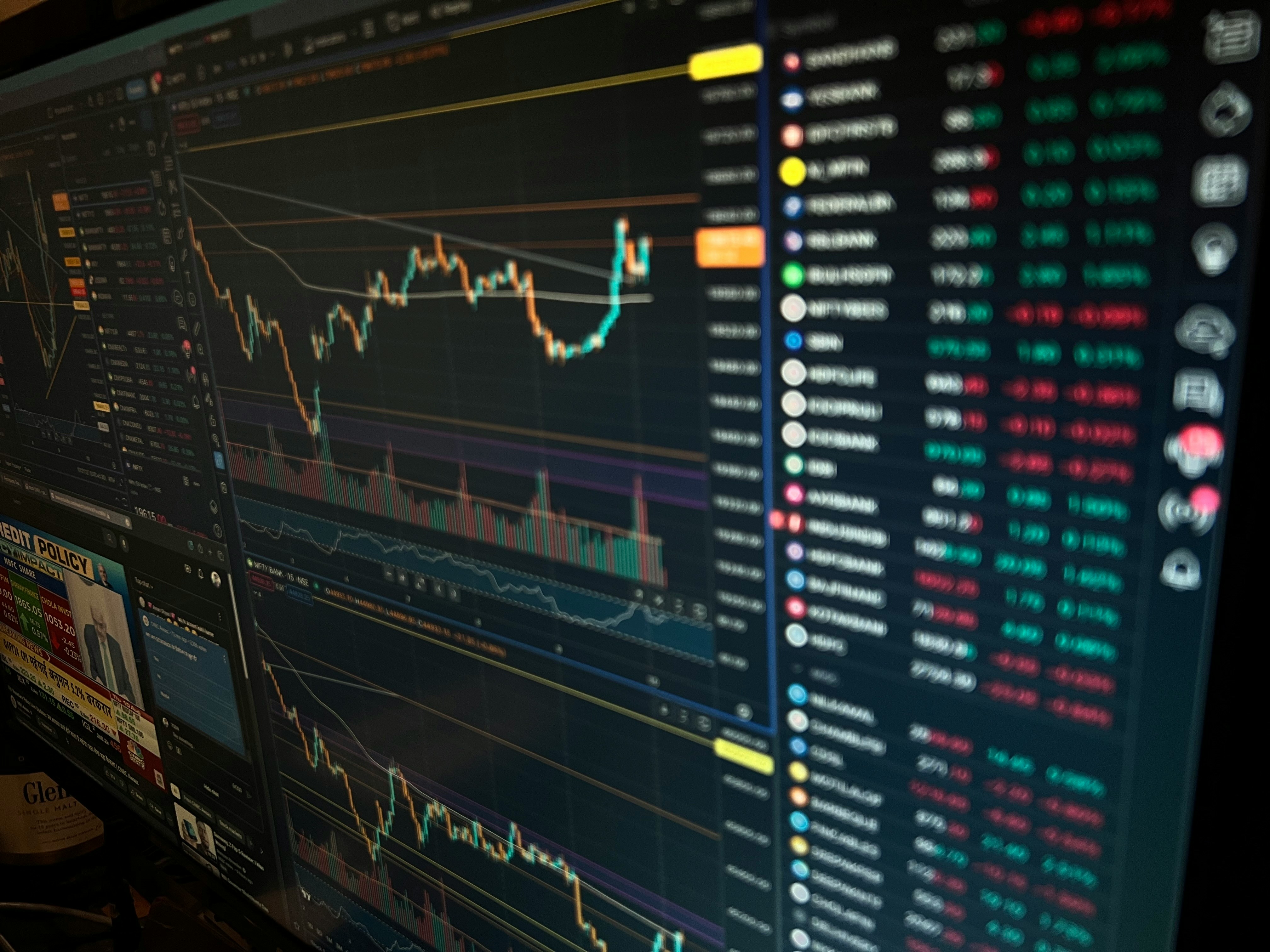Test- FTSE 100 Kicks Off August on a High as BP and Senior Lead Market Momentum
$11
10 Oct 2025, 13:13

Unsplash.com

Friday witnessed gains in Asian equities as technology firms bounced back from Nvidia-related losses, while Chinese shares rebounded from more than six-month lows thanks to month-end bargain hunting.
However, due to their struggles in recovering from crippling losses recorded at the start of the month, the majority of regional markets were still expected to post negative results in August.
Asian markets drew some encouragement from Wall Street, where the Dow Jones reached a new high due to purchases of economically sensitive equities; nevertheless, the S&P 500 and NASDAQ were negatively impacted by NVIDIA's losses, which followed a mediocre forecast.
However, these losses suddenly seemed to be abating, as did a massive slump in the larger technology sector. In aftermarket trading, Nvidia and U.S. stock index futures both saw increases.
The U.S. PCE price index figures, which are expected later on Friday, were the main focus. The Federal Reserve's favourite inflation indicator, the print, is expected to affect expectations for interest rate reductions.
Asian markets recovered part of their August losses because of speculators' belief that the Fed will reduce in September. This optimism stemmed from lower interest rates.
Though they were still predicted to lose between 3% and 4% in August, China's Shanghai Shenzhen CSI 300 and Shanghai Composite indices improved by 1% and 0.5%, respectively, making them among the stronger performers for the day.
While local markets were severely impacted by ongoing capital outflows during August, Chinese markets primarily profited from some month-end bargain buying. Additionally, they had the lowest performance of the month in all of Asia.
However, Hong Kong equities have done significantly better than their Asian rivals this month; as of Friday, the Hang Seng index increased 1.1% and is still expected to rise 2.6% in August.
Through August, a wave of deep discounts was seen in the industry due to strong profits from a number of the biggest names in technology. These reductions were seen by analysts for several well-known Chinese internet brands.
Tokyo's inflation data for August were somewhat higher than anticipated, indicating that rising earnings were driving up private expenditure. However, the July figures for retail sales and industrial production fell short of forecasts.
The Nikkei and TOPIX were still predicted to lose more than 1% apiece in August, even though Japanese equities recovered most of their early-August losses that caused them to enter a bear market.
Friday saw a 0.6% increase in South Korea's KOSPI as technology companies bounced back from their previous session's losses. However, a prolonged downturn in the industry that lasted for most of August set the KOSPI up for a 3.3% loss this month.
August saw modest losses for Australia's ASX 200, which gained 0.4% as money poured into more economically vulnerable industries including banks and miners.
(Sources: investing.com, reuters.com)